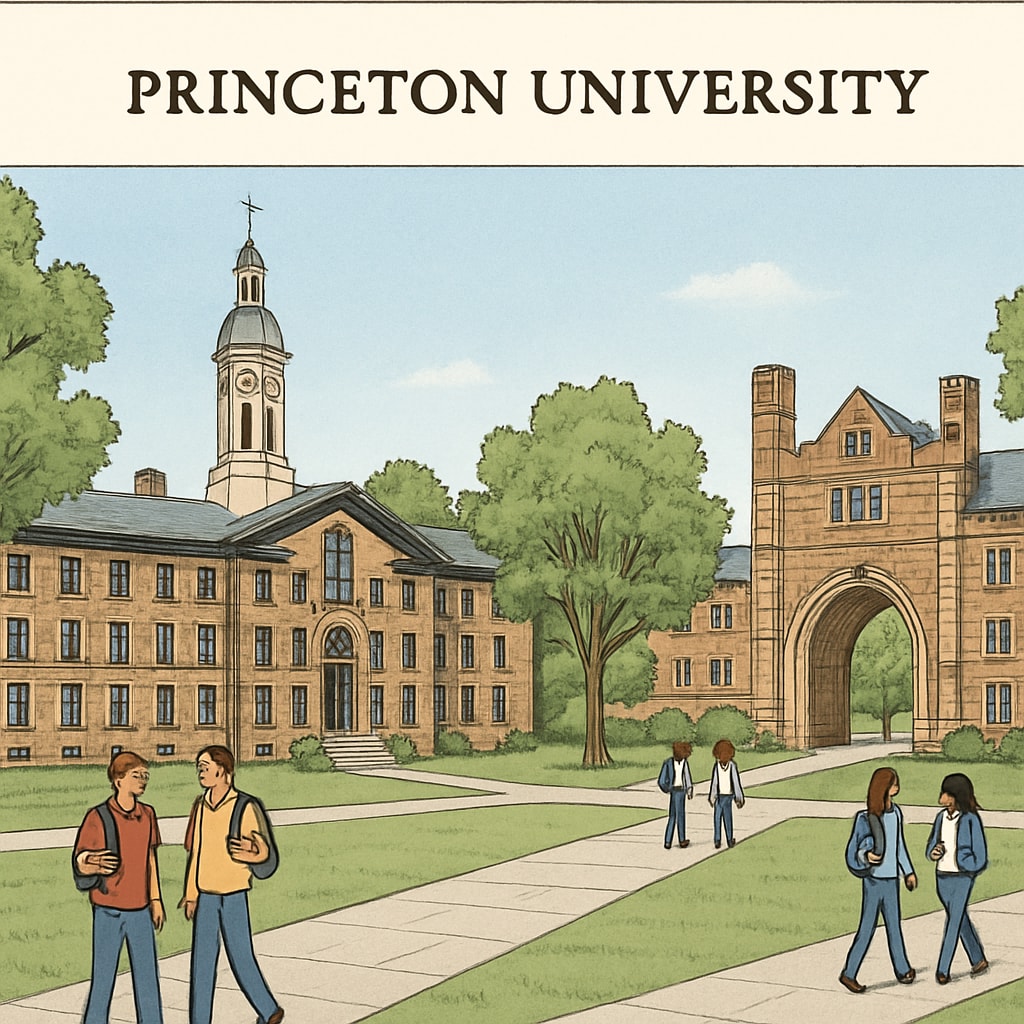The fixation on Ivy League schools, including Princeton University, has dominated conversations in modern K-12 education for decades. Parents, teachers, and students often treat these institutions as the ultimate goal, synonymous with success, prestige, and financial security. However, is the value of Princeton and other Ivy League schools truly as significant as society assumes? This article delves into the implications of “elite school worship” and calls for a reassessment of our educational priorities.

Why Ivy League Prestige May Be Overestimated
The Ivy League brand is undoubtedly powerful, rooted in centuries of history, academic excellence, and cultural significance. Princeton University, for instance, boasts a roster of influential alumni, including Nobel laureates and U.S. presidents. Yet, many critics argue that this prestige overshadows the limitations of these institutions. A common misconception is that attending an Ivy League guarantees success, but research shows that career outcomes often depend more on individual effort, networking, and adaptability than on alma mater.
Moreover, the obsession with Ivy League schools can lead to harmful effects on K-12 students. Pressured to achieve admission into these universities, students may prioritize test scores and extracurricular achievements over developing critical thinking, creativity, and emotional intelligence.
The Psychological Toll on K-12 Students
The pursuit of Ivy League admission often creates intense stress for students. From early childhood, many families invest heavily in tutoring, standardized test preparation, and extracurricular activities, all aimed at meeting the perceived requirements for Ivy League acceptance. As a result, students may experience burnout, anxiety, and a distorted sense of self-worth tied solely to academic performance.
Additionally, this hyper-focus on elite schools undermines the broader purpose of education. Instead of nurturing curiosity and lifelong learning, students are trained to “tick boxes” on applications, reducing education to a transactional process rather than a transformative journey.

Reevaluating Educational Values
To counteract the unhealthy obsession with elite schools, educators and parents must champion a more holistic approach to education. This involves emphasizing values such as personal growth, resilience, and the pursuit of meaningful goals over the narrow aim of Ivy League admission.
- Encourage diverse pathways to success: Highlight the achievements of individuals from non-Ivy League schools.
- Focus on skills development: Help students cultivate competencies like communication, collaboration, and problem-solving.
- Promote mental health: Prioritize emotional well-being and stress management within K-12 education frameworks.
By shifting the focus away from elite school worship, the education system can better serve students’ long-term interests, preparing them not just for college but for life.
Final Thoughts: Breaking Free from the Ivy League Illusion
Princeton and other Ivy League schools undoubtedly offer valuable resources and opportunities, but they are not the sole determinants of success. Overestimating their importance can distort priorities within K-12 education, leading to harmful effects on student development and well-being. By fostering a healthier, more balanced perspective on education, society can empower students to thrive in diverse and fulfilling ways.
Ultimately, it is time to question the myth of Ivy League superiority and focus on nurturing the true potential of every student, regardless of the university they attend.
Readability guidance: This article employs concise paragraphs, clear transitions, and actionable insights to engage readers. Lists are used to summarize key points, and overuse of academic jargon is avoided for accessibility.


